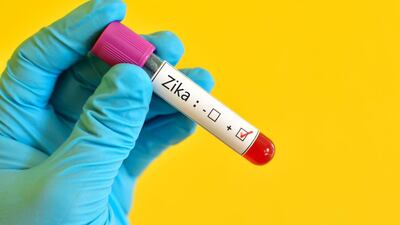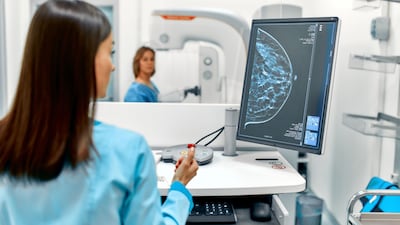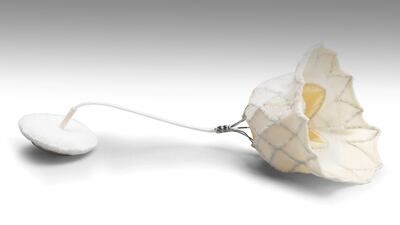The second-highest ranking official at the US Food and Drug Administration says there’s still a lot of skepticism around the use of wearable devices to collect accurate patient data for clinical trials and remote monitoring. However, the agency is passionate about setting standards to help improve the technology.
Novartis AG CEO Vas Narasimhan recently sat down for a chat with Amy Abernethy, principal deputy director at the FDA, about digital health at the 2019 PhRMA Innovation Day...
Read the full article – start your free trial today!
Join thousands of industry professionals who rely on Medtech Insight for daily insights
- Start your 7-day free trial
- Explore trusted news, analysis, and insights
- Access comprehensive global coverage
- Enjoy instant access – no credit card required
Already a subscriber?







